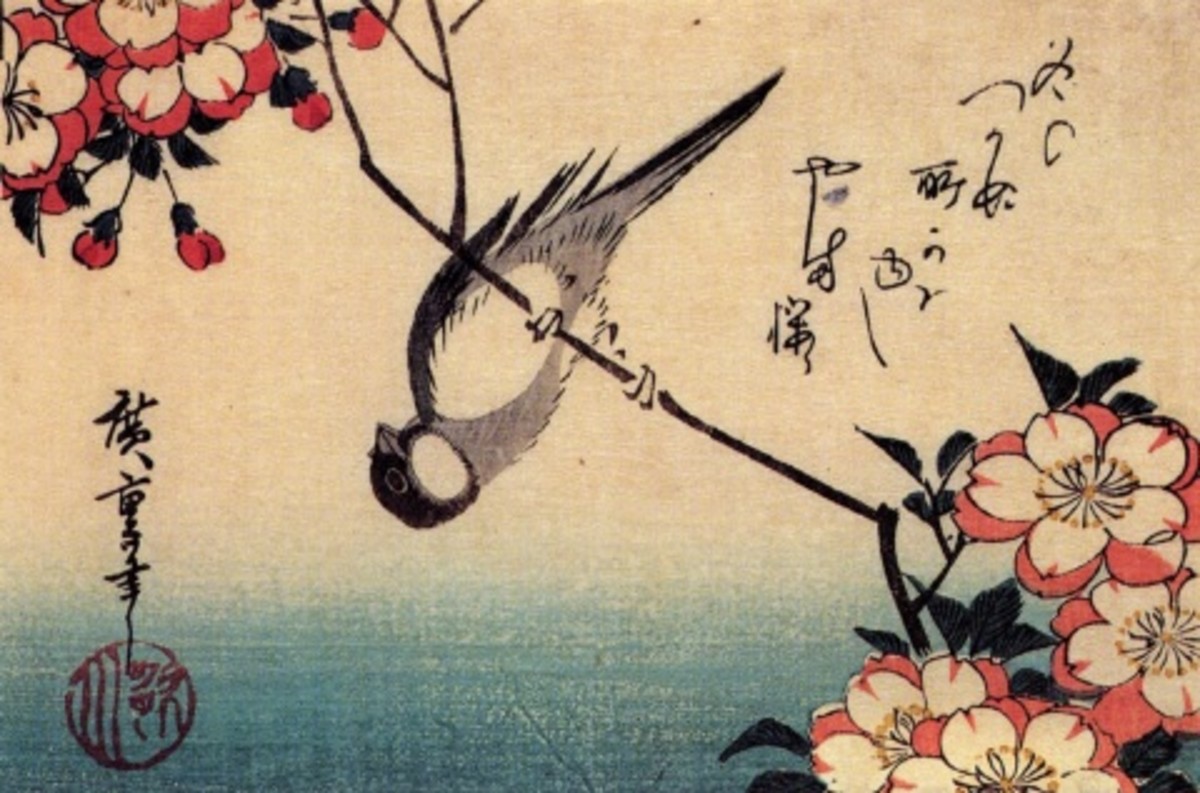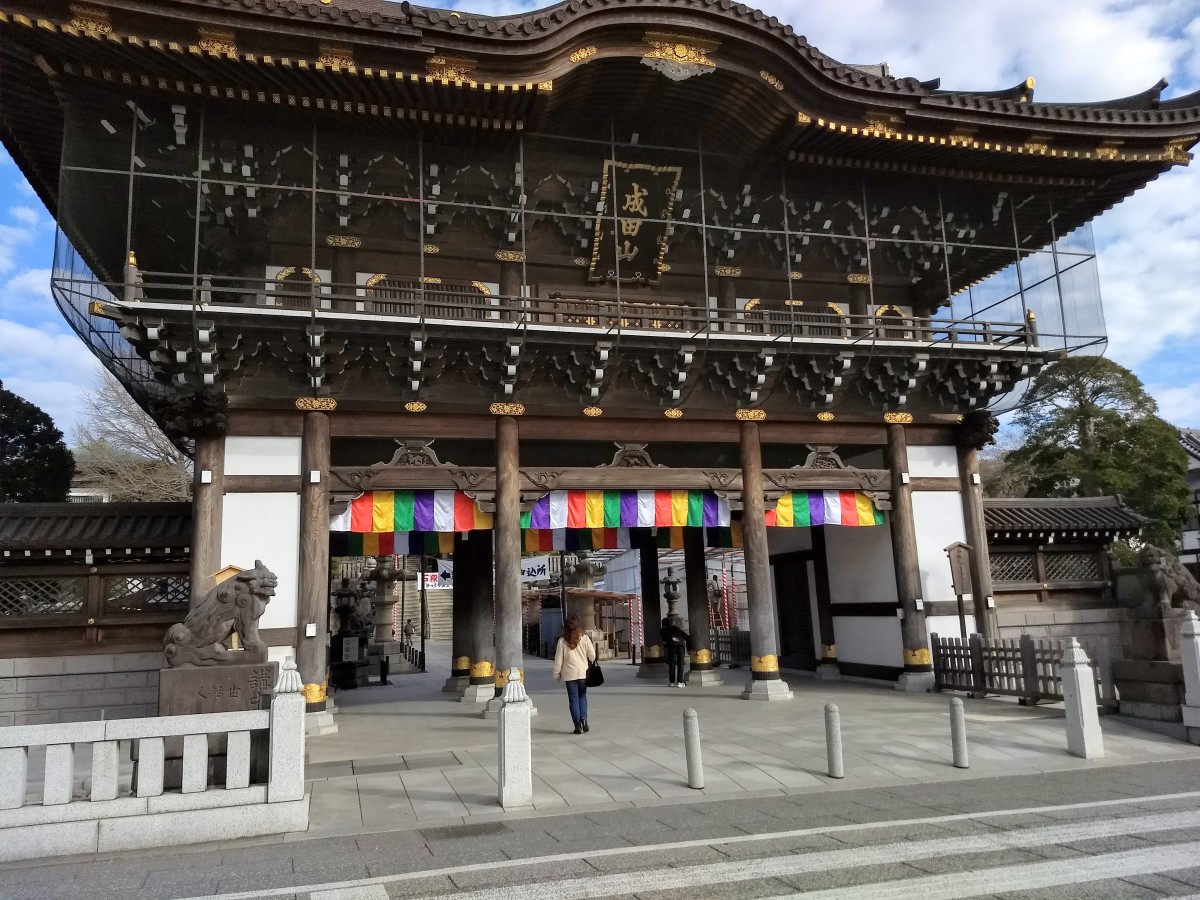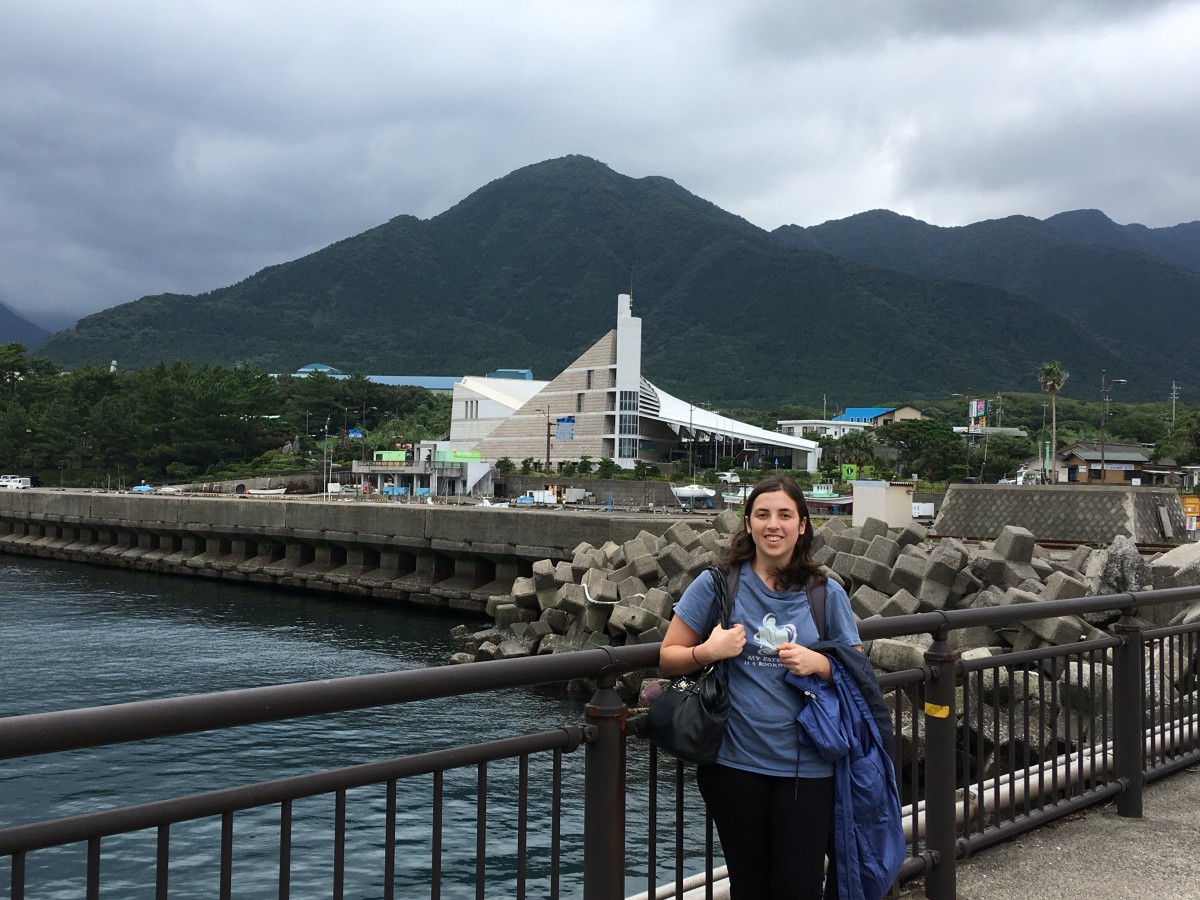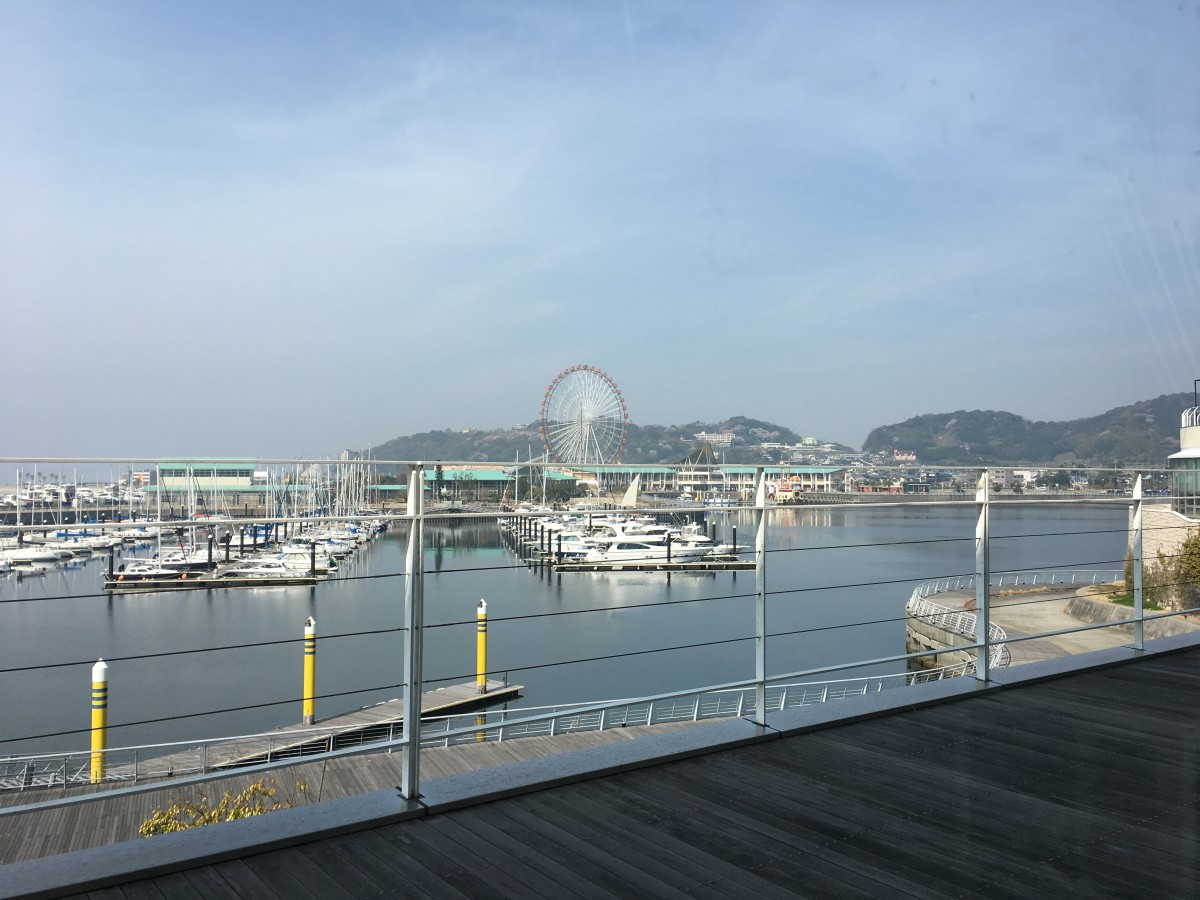- HubPages»
- Travel and Places»
- Visiting Asia»
- Eastern Asia
How to Choose a Good Time for Your Trip to Tokyo
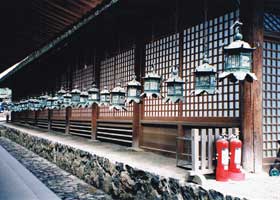
Visiting the wondrous city of Tokyo is a fantastic experience that, I believe, should be on everyone’s to-do list at least once in their lifetime. This mega metropolis is bursting with non-stop energy from its 32.5 million inhabitants. A trip to Tokyo provides non-stop action, fun, and thousands of years of history to explore. Before you go, however, be sure to plan ahead and consider these topics in order to make the most of your trip.
- Consider the Weather
When choosing a time for your trip to Tokyo, your first consideration should be the weather. Tokyo gets blisteringly hot in the summer, with temperatures often reaching above 100 degrees Fahrenheit during the months of June - September. While trains and hotels are air-conditioned, collapsing from heat exhaustion while you stand on the train platform carrying your daypack is no fun. In addition to the heat, the weather is often quite humid, making the heat even more unbearable.
Tokyo doesn’t get a lot of snow in the winter, but it does get a couple inches, on average, at a time. January and February are generally the coldest months of the year where daytime temperatures hover between 40-50 degrees Fahrenheit.
The best times to visit Tokyo are in the Spring and Fall. April and May provide ample opportunity for hanami, or cherry-blossom viewing. The exact times vary every year, so if hanami is your goal, be sure to check the cherry blossom forecast online before you go. In the fall, you can take a trip up to Mount Takeo to hike and photograph the colorful trees.
- Consider the Cheapest Time to Go
Tokyo is arguably one of the most expensive cities to visit, with prices for everything averaging about 3 times more than typical US prices. Cost can be a major factor in your trip, so it’s best to choose the cheapest time to visit. Peak travel times mean higher costs, so it might be prudent to plan your trip at times other than December, January, during Golden week which happens in late April/early May, and during the Obon festival in August. Unfortunately, since people from all over Japan fly into Tokyo to view the cherry blossoms in April/May, trip prices escalate during that time, so you must gauge whether to pay the extra price to view the cherry blossoms or visit during a cheaper time. The cheapest time to visit is from mid-January through March.
It’s important to weigh cheaper travel prices against what you’d be missing by traveling during those times. Spring, summer, and autumn provide plenty of matsuri, or festivals. Japan does not use Daylight Savings Time, and in the winter, the sun sets at 4:30 pm, leaving most of your sightseeing time in the dark. If most of your travel plans involve outdoor sightseeing or travel, you might want to forego the cheaper winter travel plans and opt for a warmer season.
- Are You Ready Financially?
Depending on what you want to do during your visit to Japan, take some time to make sure you have enough money to do what you want to do. Visiting temples and going to festivals are usually free, but if you want to go shopping for discounted electronics at the famous Akihabara or visit places like the Tokyo Sea Life Park, you will need enough money to make your purchases or gain adminssion.
Consider, too, the inflated prices of everything from lodging to food as compared to the US. On average, you can expect prices to be three times higher in Tokyo than in say, Cleveland, Ohio. Plan ahead to get the best deals on airfare, lodging, and food. Traditional Japanese inns, called ryokan, offer affordable lodging and have the bonus of immersing yourself in the wonderful culture of Japan. While it’s nice to eat at a five-star restaurant, noodle shops offer scrumptious fare that can fill you up on just a few dollars. For up-to-date travel-planning information all in one place, pick up a copy of Lonely Planet’s Tokyo. With Lonely Planet, you can plan your own personalized itinerary knowing ahead of time how to get there, how much it costs, and places nearby. If you’re traveling without a native guide, you can’t beat Lonely Planet.
Lonely Planet Tokyo
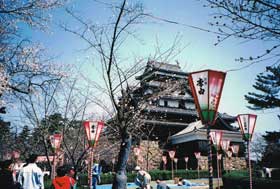
- Consider the Festivals
Festivals are one of the best things about visiting Japan. While most festivals occur during the hot summer, there are also festivals in the Fall and Spring. If you want to attend a festival, you may need to schedule your trip during a certain time of the year, whether or not it’s the best weather or the peak travel time. In Tokyo, check out the firework bonanza at the Sumidagawa Festival held the last Saturday in July. This festival has been going strong since 1732 A.D. and attracts over a million visitors.
If you choose to see Tokyo during the hot summer months, you can cool off at Koto ward’s Fukagawa Hachiman Festival. This festival has been dubbed Tokyo’s biggest summer “water fight” festival. Fifty-four mikoshi teams (i.e., people carrying portable shrines) parade through the city while the crowd cheers and throws water at them. Over 500,000 people come to this festival, held the third weekend in August.
- Consider Your Japanese Language Skills
While it’s easy to find English-speaking people in Tokyo, it’s still a good idea to make sure you're up to par on basic Japanese phrases before you go. Practice asking basic questions. While all Japanese study English in school, many Japanese people are more familiar with written English than spoken English. Memorize phrases like “Where is the bathroom” (Toire wa doko desu ka?) or “Where is the train station?” (Eki wa doko desu ka?) Also remember that words we rarely hear in English will be heard more often in Japanese, including words like “chopsticks” (ohashi) or “octopus” (tako). If you haven’t practiced your Japanese skills, keep a phrasebook nearby so that Japanese people more familiar with written English can better understand your needs and wants.
Tokyo is a wonderful city that can exceed your expectations as long as you spend a little time considering these factors before you plan your trip. From historic temples to ultra-modern music and fashion, Tokyo offers something for everyone. If you've been to Tokyo and have your own tips to share, please feel free to share in the comments section below.


